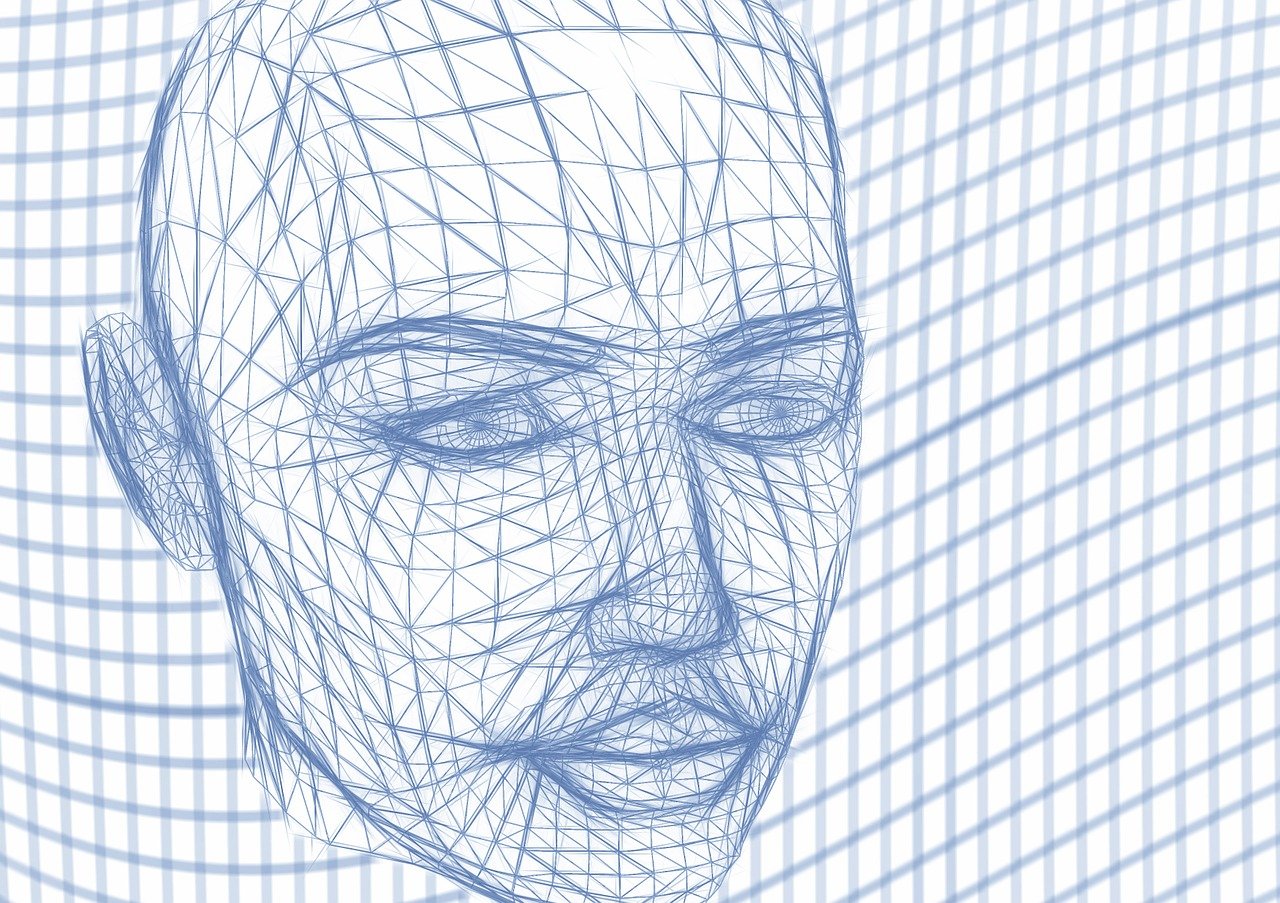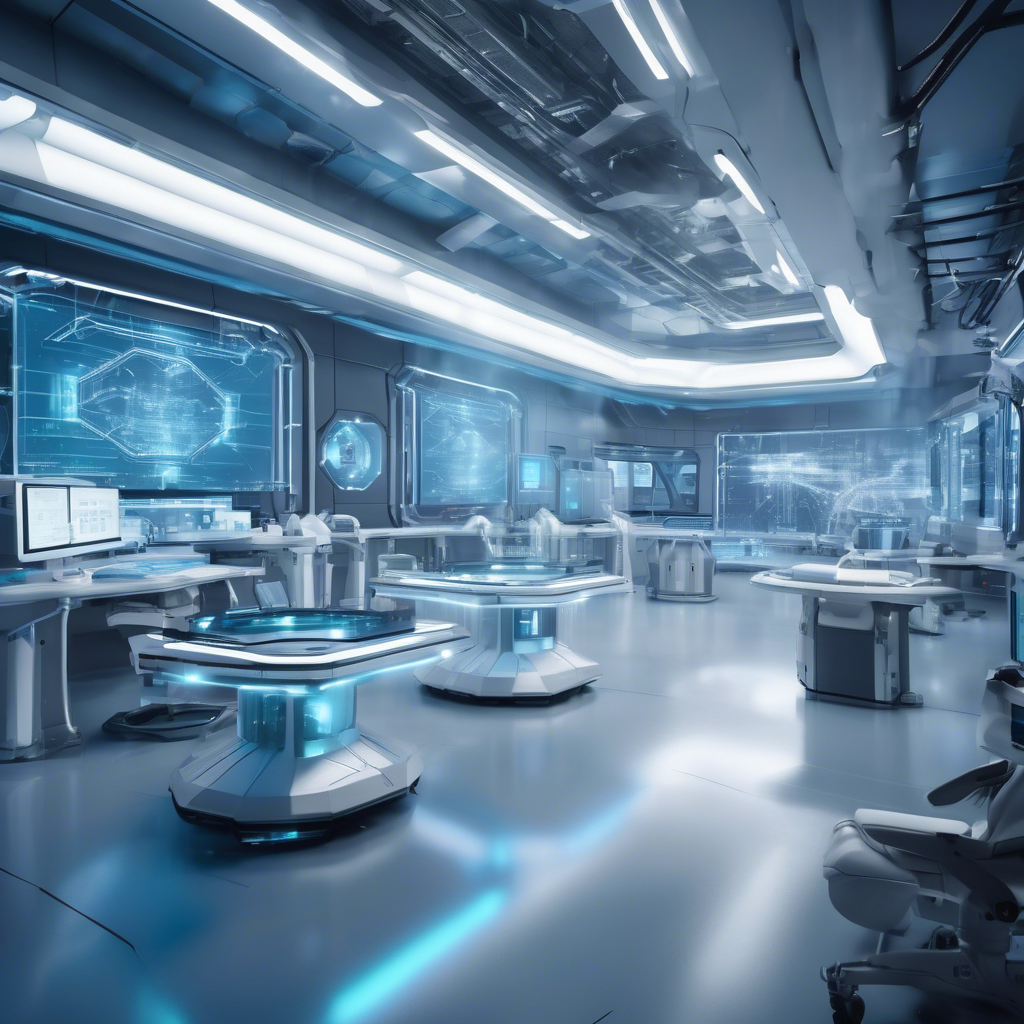AI Revolutionizes 3D Bioprinting: Recent Advances and Applications

Artificial intelligence (AI) is becoming increasingly valuable in the field of 3D bioprinting, offering a range of benefits. 3D bioprinting is an emerging technique used to create tissues and even entire organs for research, testing, and implantation. By depositing cells, hydrogels, and biomaterials layer by layer, complex structures can be customized, but this also introduces challenges. In a recent publication, Chen et al. explored the applications of AI in 3D bioprinting and presented various tools and methods to address the complexities of the field and achieve valuable outcomes. AI has the capability to analyze complex data, generate easily interpretable outputs, and perform intricate calculations, which would otherwise be time-consuming and laborious. These characteristics are highly beneficial for solving longstanding issues in 3D bioprinting. According to author Jie Huang, AI is commonly employed in 3D bioprinting for tasks such as medical image reconstruction, where AI algorithms automate the segmentation and modeling of anatomical structures.
Additionally, machine learning can predict optimal bioink formulations for printability and biocompatibility. Real-time monitoring and adjustment of printing parameters is another area where AI can ensure the high fidelity and functionality of printed structures. The authors hope that their overview will inspire more researchers to leverage the potential of AI, unlocking new techniques and applications for bioprinting technology, ultimately benefiting both scientific understanding and clinical practice. Huang further noted, "Promising advancements in automating the entire bioprinting process, including in situ printing, can be achieved through AI. In situ bioprinting, which involves printing tissues and structures directly within the body, has revolutionary potential for repairing and regenerating damaged tissues in real-time during surgical procedures. " Source: "Recent advances and applications of artificial intelligence in 3D bioprinting, " by Hongyi Chen, Bin Zhang, and Jie Huang, Biophysics Reviews (2024). The article is available at https://doi. org/10. 1063/5. 0190208.
Brief news summary
Artificial intelligence (AI) is playing an important role in the field of 3D bioprinting, offering numerous benefits. By analyzing complex data, AI can automate processes, streamline calculations, and generate user-friendly outputs. This technology is being applied to various aspects of bioprinting, such as medical image reconstruction, predicting optimal bioink formulations, and real-time monitoring and adjustment of printing parameters. The integration of AI into bioprinting processes has the potential to improve accuracy, efficiency, and consistency while opening up new possibilities for in situ bioprinting during surgical procedures. Researchers are hopeful that the adoption of AI in bioprinting will lead to significant advancements and applications in scientific research and clinical practice.
AI-powered Lead Generation in Social Media
and Search Engines
Let AI take control and automatically generate leads for you!

I'm your Content Manager, ready to handle your first test assignment
Learn how AI can help your business.
Let’s talk!
Hot news

Ilya Sutskever Assumes Leadership of Safe Superin…
Ilya Sutskever has assumed leadership of Safe Superintelligence (SSI), the AI startup he founded in 2024.

‘The world supercomputer’: Nexus activates final …
This segment is from the 0xResearch newsletter.

Tech Industry Collaborates with Pentagon to Enhan…
The collaboration between the U.S. technology sector and the Pentagon is intensifying amid rising global instability and the growing strategic relevance of artificial intelligence (AI).

Stablecoins' Potential and Adoption Challenges
Stablecoins have been widely hailed as a transformative innovation for global payments, promising fast, low-cost, and transparent transactions that could revolutionize cross-border money transfers.

U.S. M2 Money Supply Reaches Nearly $22 Trillion
In May, the United States reached a significant economic milestone as its M2 money supply hit a record $21.94 trillion, marking a 4.5% increase from the previous year—the fastest growth rate in nearly three years.

AI and Climate Change: Predicting Environmental S…
Scientists worldwide are increasingly utilizing artificial intelligence (AI) to enhance the understanding and prediction of climate change impacts on diverse ecosystems.

AI in Retail: Personalizing Customer Experiences
Artificial intelligence (AI) is profoundly transforming the retail industry, ushering in a new era of personalized shopping experiences tailored to the unique preferences and behaviors of individual consumers.

 Auto-Filling SEO Website as a Gift
Auto-Filling SEO Website as a Gift








 Auto-Filling SEO Website as a Gift
Auto-Filling SEO Website as a Gift

